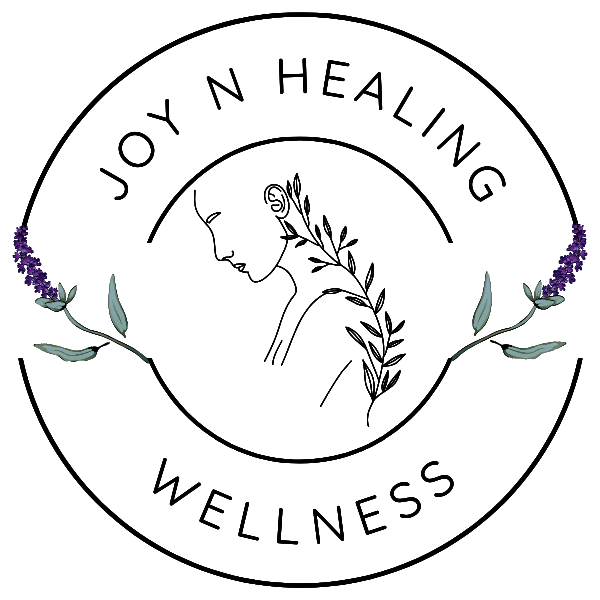Most will last at least two years before starting to degrade, unless they contain one of the unstable carrier oils mentioned earlier. And some can last for as long as 15 years without losing their effectiveness. Many experts advise replacing essential oils every three years to be safe.
Last but not least, since essential oils aren't necessarily safe to be used on everyone (our skin is an incredibly complex barrier, and oils can irritate if they find the right balance), if you experience an allergic reaction to an essential oil you've bought from another source, take it back and call up the company to let them know.
Does aromatherapy really work?
Intense brain wave-wave pulsing is the main perception of psychoactive effects that you get from aromatherapy. Photo / Getty Images Intense brain wave-pulsing is the main perception of psychoactive effects that you get from aromatherapy.
It is hard to assess the effectiveness of aromatherapy on a "blind" basis. There are various ways to try to do this, such as asking someone who has never been to a meditation retreat before if they feel any difference. However, we don't know the true degree of impact that these types of treatments actually have.
A person on a retreat who experiences deep emotional relief or feels a difference in energy might not necessarily return to work or their normal routine and speak to people about it. Similarly, a person who feels better in the short term but then stops using an essential oil may not understand how significant that effect was.
Some people respond positively to aromatherapy for a short time, while others may use it in the background, almost like a placebo effect.
For these people, having an aromatherapy diffuser going all day might not make a huge difference in the long term, but it might help someone who is slightly unwell or whose anxiety has been elevated. The problem is that it's very hard to establish whether a person has benefited from a particular oil or diffuser.
Some people may do more harm than good when it comes to using essential oils. There are a number of case studies of people on anxiety and depression treatment courses using a technique known as "visualization", which involves the personalizing of a therapist's voice and images to help people "visualize" what they would be experiencing if they were free of these conditions.
Aromatherapy can be very effective for some people, but for others it's a waste of time. There needs to be some form of scientific research that proves the claims being made by these "wellness gurus", otherwise people could be wasting their time and money.
If you suffer from any of the above conditions and would like to try aromatherapy, speak to your GP. He or she can refer you for a homeopathic treatment if appropriate.

